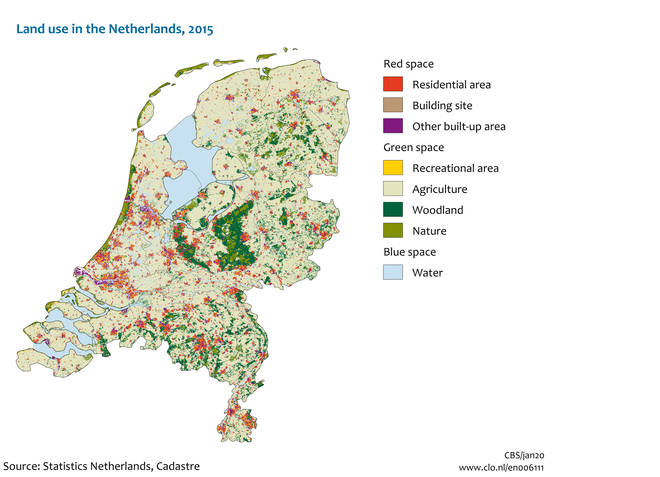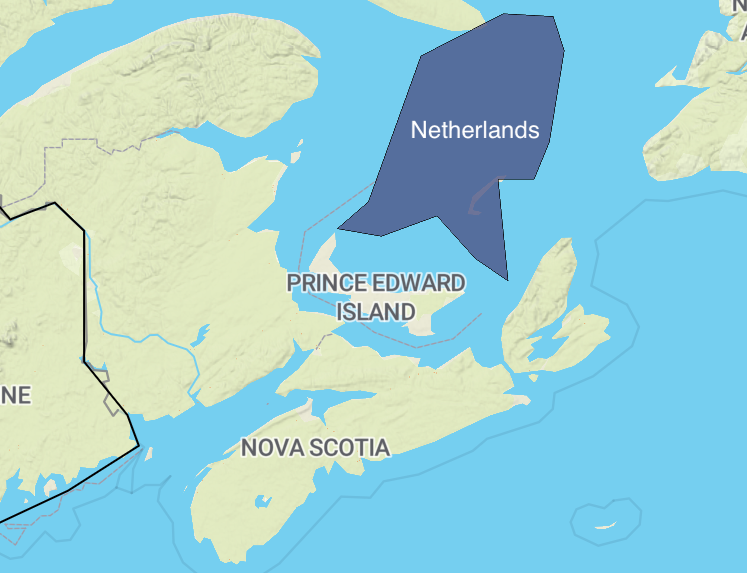I read the news today, oh boy

John's and Paul's words have nothing to do with farming, but their sentiments do. Much turmoil erupted in the news this week, and half of what I read did relate to food production.
True story: a good friend of mine here in Ottawa had an interesting job once, he took a few friends on a trip to, oh let me remember where, oh yeah, space. They packed up their camper, I think they called it the space shuttle or something unimaginative like that, and blasted off for the weekend. One of his friends, a Canadian named Roberta, is a workaholic, and she stayed in the back of the camper working, where there were no windows. After a couple days of this, my friend had had enough, and put down his drink for a minute to drag her up front to look out the window. Roberta said this about what she saw:
To fly in space is to see the reality of Earth, alone. The experience changed my life and my attitude toward life itself. I am one of the lucky ones.
The news this week made me think of all those who've made this trip and the consistent emotion that appears to overtake each of them: a feeling of earth being a singular, fragile thing. To see it all at once with your own eyes, must seem like staring at a baby "floating" in a crib: helpless, alone, and with no chance of help from the outside, save for people who happen to love it. We live on a floating ball of liquid rock covered by a crust that somehow sprouted life with nothing but sunlight delivered to it. That's all we get. Sunlight.
In my attention-challenged brain, these thoughts intersected with my day job, in which I am working frequently with colleagues in the Netherlands. We've become good friends and we chatted about current events this week. Farmers protesting in the Netherlands made international news, and hearing my colleagues speak about their country and then reading the news offered some fascinating learning about the situation in the Kingdom of the Netherlands and what it says about the rest of the world's agriculture and environment.
The most shocking thing that my friend, Tom, said about his country is that they have basically no natural environment left. Humans have erased it across most of the country. Agriculture, alone, covers more than half of it, as depicted by the lightest color in this map.

Agriculture isn't the worst use of land. Pavement is worse. Concrete is worse. But let's be honest... covering the ground in a monocrop of corn to feed animals that produce methane like crazy isn't exactly wildflowers and honeybees. A cultivated field with a crop on it is a short step up from a parking lot. At least it can absorb storm water (well, until we till and fertilize to the point where topsoil can no longer absorb water - I wrote a bit about that in Back to the Root).
Farmers in the Netherlands are immensely productive. "How productive," you ask?

Where do you think the Netherlands would rank in a list of the world's food exporting countries?
It's tough to fathom, but only the United States exports more agricultural products (in monetary value) than the Netherlands. How do the Dutch do it? Hint: it involves a whole lot of N.
N2 makes up almost 80% of the air we breathe, but as explained in the following video (great infographics with english subtitles), it is the reactive forms of nitrogen that are a problem, namely NH3 (Ammonia) and N2O (Nitrous Oxide, or laughing gas).
The Netherlands is like a lab experiment for the rest of the world to learn from: small country, densely populated, tons of agriculture. And what is happening? They have exceeded the limits of what they can produce sustainably for too long, and their day of reckoning is upon them.
Despite having reduced nitrogen pollution by 60% over the past 30 years, the agricultural industry remains unsustainable, due to the historic build-up of nitrogen pollution and the ongoing accumulation even at these lowered levels. So they are putting hard limits on the sources of Nitrogen that are unique in the world as far as I know, such as capping the amount of Nitrogen that can be contributed to the environment to grow cattle, especially near their few, tiny natural areas. Imagine your country telling its farmers that cattle numbers will be reduced by 30%, by regulation, and that fertilizers will be reduced in some areas to the point where the land cannot produce enough to cover farming input costs.
And so the headlines dominate with scenes of farmers protesting. It's awful for them. They don't make a lot of profit. They are often in a precarious financial position, in a capital-intensive industry, and subject to huge risks of weather and market volatility. They are not responsible for the science and industrialization of fertilizers, a mere 80 years ago or so, nor the (mis)regulation of fertilizer application, population growth, or any other systemic management issue. They play by the rules to produce efficiently and we demand it, each time we shop for the best price at the grocery store.
Farmers should not be personally held responsible for what has happened. Their industry will be changed, but we all bear responsibility for the cause and should all participate in the cost.
So the results of the experiment are in. When will your part of the world reach its moment of reckoning and be forced to heal its little part of our green and blue baby, floating helplessly in the dark?

Postscript: For those interested, here's a link to a story Nicole Mortillaro wrote about the Canadian workaholic that my friend, Ron, took on a camping trip to space.
Thanks for reading. Send me an email anytime. You can peruse other musings of this wannabe farmer from the homepage, or click on my picture, below.

